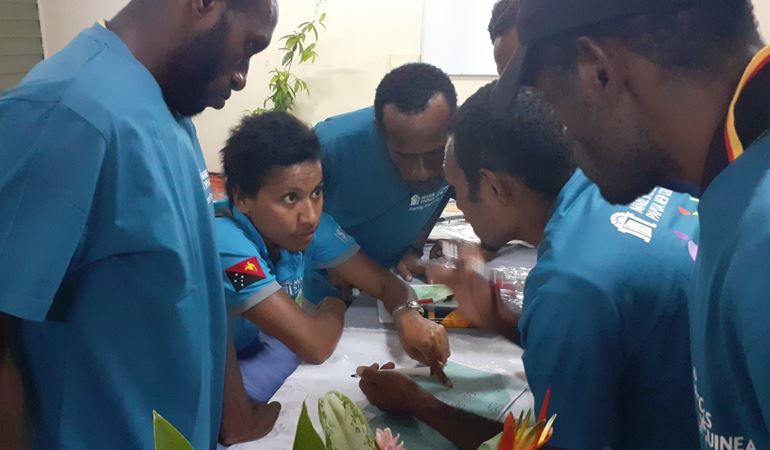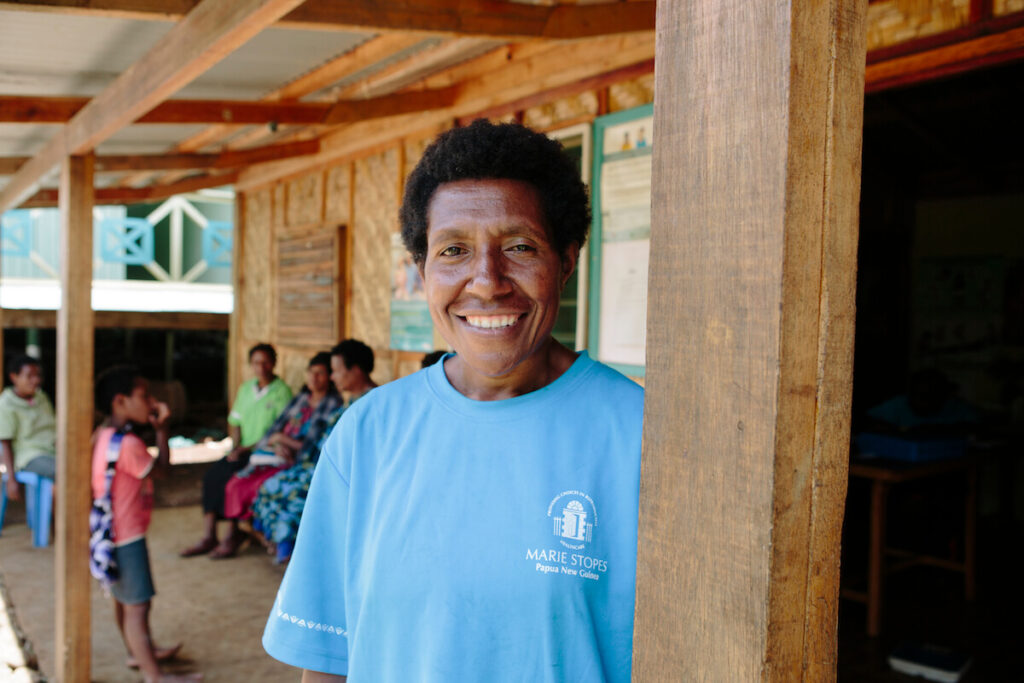Data-driven learning
Using data to inform our decisions.

We are committed to providing clinical services that are client-focused.
We also ensure that we adhere to rigorous standards and are always convenient. To achieve this, we use evidence to continuously improve our approaches and tailor our solutions for our clients.
Data is collected and analysed to better target our services, and ensure we are delivering high quality sexual and reproductive health services to our clients in ways that meet their preferences. By building on our experience in planning, design, service delivery and evaluation, we maximise our resources to reach more women and have the greatest impact.
Evidence is an integral part of our programming
We use this data to:
- Evaluate and improve how we deliver our services to clients
- Understand who our clients are, and where unmet need for contraception is highest
- Assess how we can reach those most marginalised
- Strengthen our approaches to clinical quality and governance
- Gather evidence to support advocacy for increasing access to contraception and safe abortion
- Understand our impact and ensure accountability and transparency for our clients, donors, supporters, and partners
- Contribute towards broader learning and best practice in the sector both in Papua New Guinea and globally.

Data collection
We use a suite of tools that routinely collects and analyses data. Our tools include:
CLIC (client information centre), a bespoke online platform, which enables live registration of clients, records client services over time, and is an encrypted database to protect client confidentiality.
Client exit interviews are conducted annually on a random selection of clients. This survey collects a broader data set from clients than CLIC, and includes socio-economic status, past family planning history, client satisfaction levels and quality of care.
Mystery client surveys are used to assess the quality of service provision. This survey focuses on collecting data that can be used to inform service delivery improvements, including checking that counselling, privacy, comfort, courtesy, waiting times, choice and information on family planning were all provided to the highest standards.
Service data validation is completed on a regular basis and is assessed against set standards. Service data validation is also part of our quarterly reviews that country programs complete with the Regional Support Teams.
Quality Technical Audits are conducted annually by our global Medical Development Team. These audits are intended to provide an analysis function and simultaneously provide technical assistance to improve clinical quality where needed. As part of the Quality Technical Audit, findings are developed into an action plan for continuous service improvement, and monitored over the year.
Analysis tools include:
InforBI is an online reporting package, that converts financial and CLIC information into a standard set of reports, which can be used to monitor the efficiency and effectiveness of our service delivery.
Impact 2 estimates past, current and future contributions to national family planning use, contraceptive prevalence, and the wider health, demographic and economic impacts of these services.
Learn more about our services
Find out more about the services we offer and their availability across Papa New Guinea.





